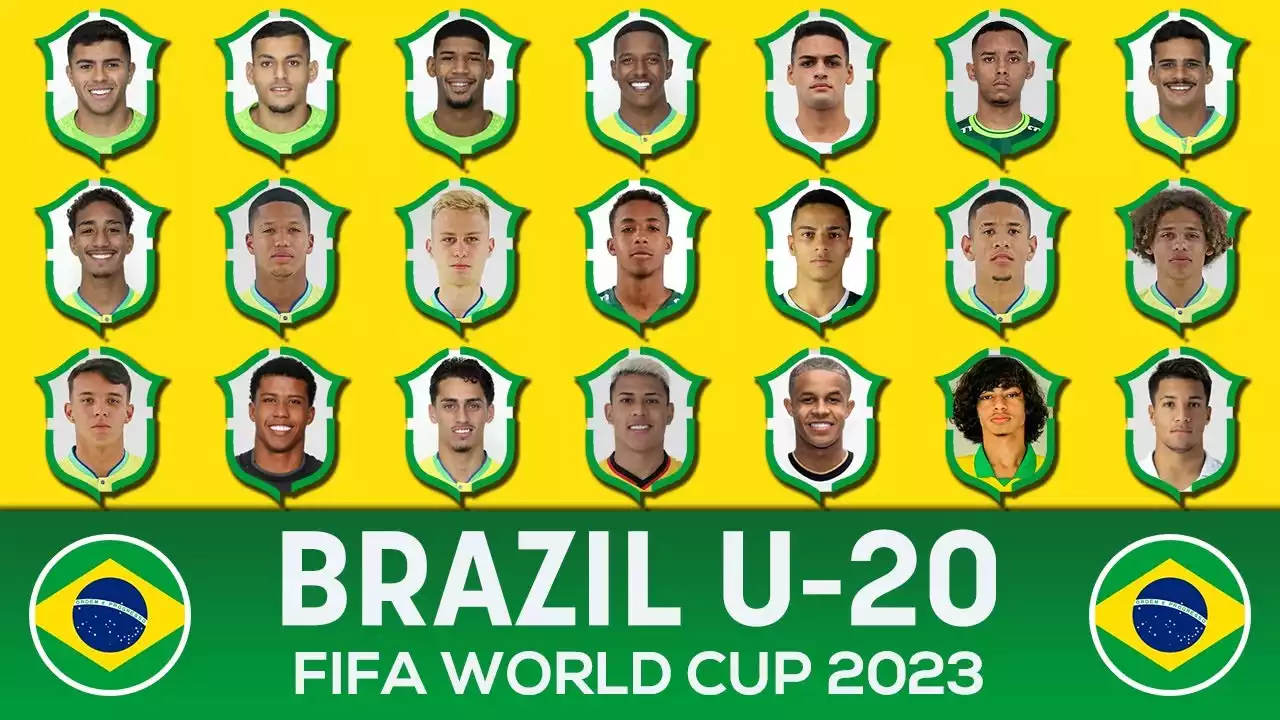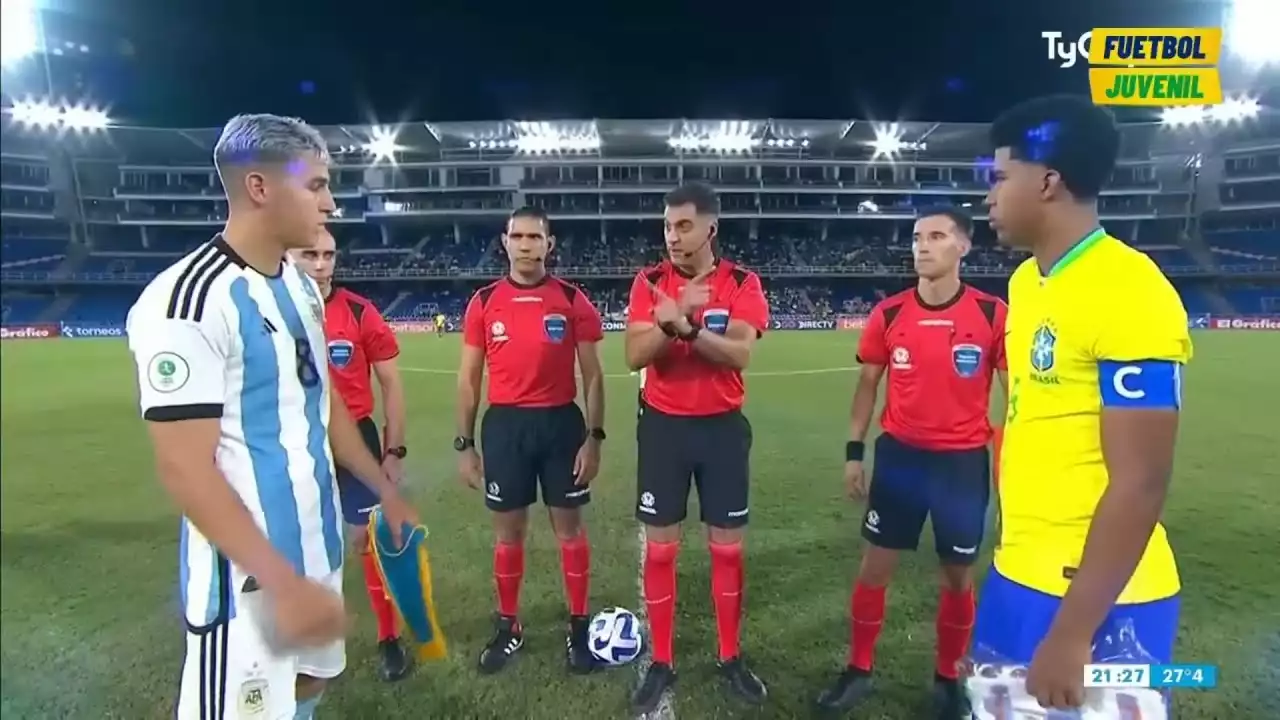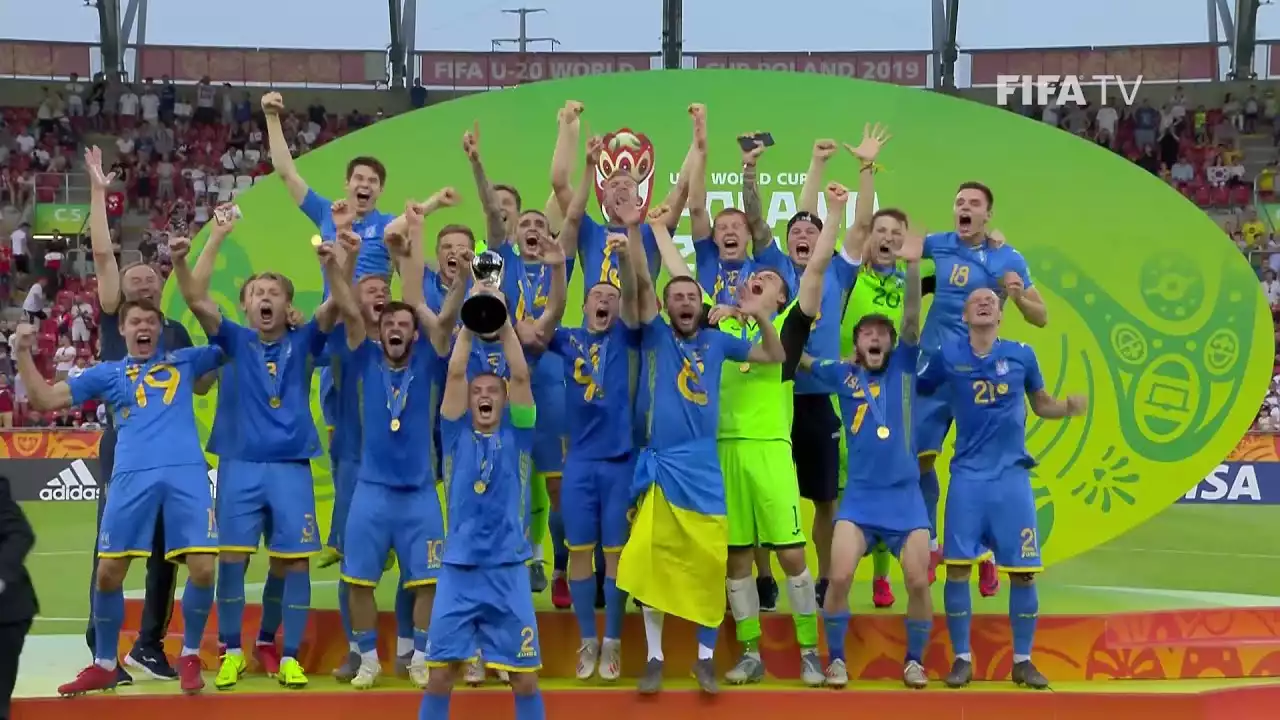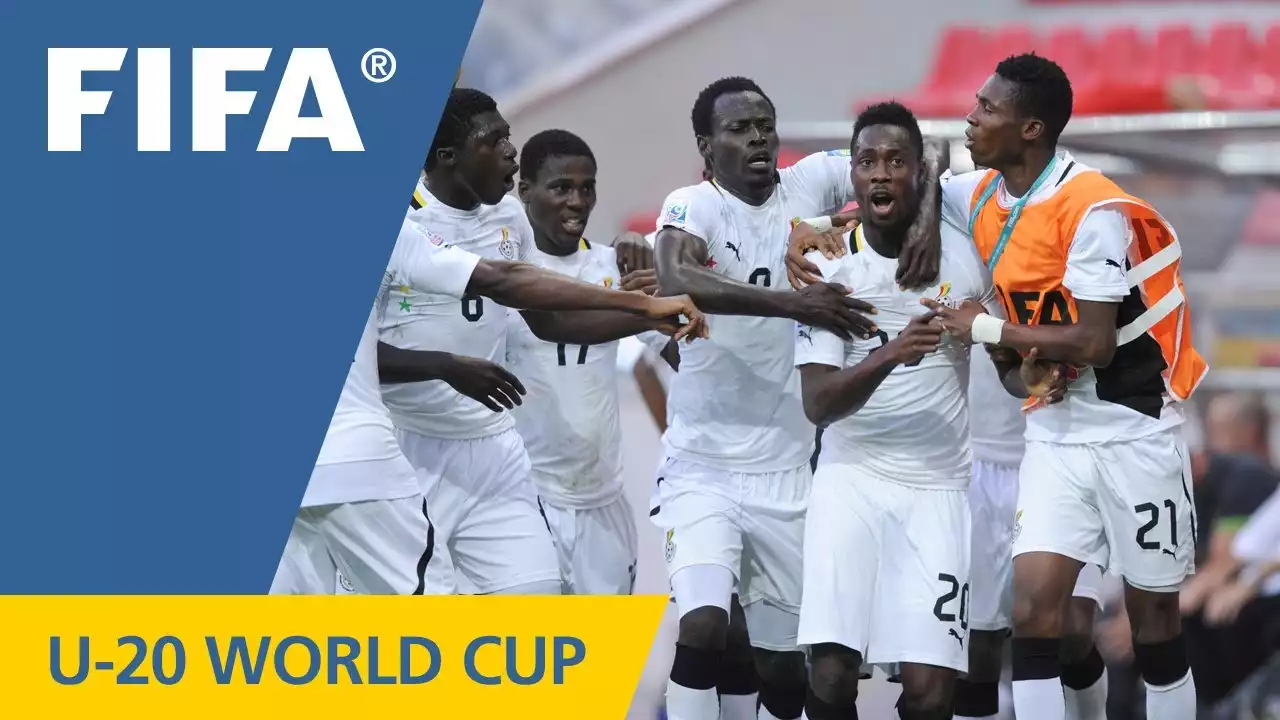Importance and Significance of the Tournament
The FIFA U-20 World Cup serves as a platform for young footballers to showcase their skills and gain valuable experience on an international stage. It provides an opportunity for nations to identify and nurture future stars, while also promoting the growth and development of the sport worldwide.
The tournament acts as a stepping stone for young players, allowing them to gain exposure and catch the attention of scouts from top clubs around the world. Many players who have excelled in the U-20 World Cup have gone on to have illustrious careers at both the club and national team levels.
In addition to the individual benefits, the U-20 World Cup also plays a crucial role in promoting the sport globally. It generates excitement among fans, creates a sense of national pride, and helps foster a love for football in countries where the sport may be less popular.
Criteria for Evaluating Success in the FIFA U-20 World Cup
Success in the FIFA U-20 World Cup can be evaluated based on various criteria, including the number of titles won, the consistency of performances, and the development of young talent. While winning the tournament is undoubtedly a significant achievement, sustained success and the ability to produce future stars are equally important factors to consider.
Nations that have consistently performed well in multiple editions of the U-20 World Cup demonstrate their ability to consistently identify and nurture young talent. This showcases the strength of their youth development systems and their commitment to the growth and success of their football programs.
The impact of U-20 World Cup success can also be measured by the number of players who go on to have successful careers at the senior level. Producing players who excel on the global stage and become key figures for their national teams is a testament to the success of a country's youth development program.
Brazil: A Powerhouse in U-20 Football
When it comes to success in the FIFA U-20 World Cup, Brazil stands head and shoulders above the rest. The South American nation has won the tournament a record five times, showcasing their dominance and ability to consistently produce talented young players.
Brazil's success in the U-20 World Cup can be attributed to their rich footballing culture and the emphasis they place on developing youth talent. The country's youth development programs are known for their ability to identify and nurture young players, providing them with the necessary tools to succeed at the international level.
Over the years, Brazil has produced a plethora of U-20 World Cup stars who have gone on to become household names in the world of football. Players like Ronaldinho, Neymar, and Philippe Coutinho have all made their mark on the global stage, showcasing the talent and potential that Brazil possesses.
Argentina: A Consistent Performer in the Tournament
Argentina, another South American nation, has also enjoyed considerable success in the FIFA U-20 World Cup. With six titles to their name, Argentina has consistently performed well in the tournament and has produced several talented players who have gone on to have successful careers.
Similar to Brazil, Argentina's success can be attributed to their strong youth development programs and a footballing culture that emphasizes skill and technique. The country has a rich history of producing technically gifted players who excel on the international stage.
Players like Lionel Messi, Sergio Aguero, and Juan Roman Riquelme have all represented Argentina at the U-20 World Cup and have gone on to become global superstars. Their success serves as a testament to the quality of young talent that Argentina consistently produces.
Germany: Emerging as a Force in U-20 Football
While Germany may be more synonymous with success at the senior level, the country has also emerged as a force to be reckoned with in the FIFA U-20 World Cup in recent years. Germany has won the tournament three times and has consistently performed well, showcasing their ability to develop young talent.
Germany's success can be attributed to their strong youth development system, which focuses on technical and tactical development from a young age. The country's emphasis on player development and the integration of young players into the senior team has paid dividends in recent U-20 World Cup editions.
Players like Mesut Ozil, Julian Draxler, and Mario Gotze have all represented Germany at the U-20 World Cup and have gone on to have successful careers at both the club and national team levels. Their success serves as a testament to Germany's commitment to nurturing young talent.
Portugal: A Rising Star in the FIFA U-20 World Cup
Portugal, often overshadowed by their Iberian neighbors Spain, has emerged as a rising star in the FIFA U-20 World Cup in recent years. The European nation has won the tournament twice and has consistently performed well, showcasing their ability to develop young talent.
Portugal's success can be attributed to their emphasis on technical development and the integration of young players into the senior team. The country's youth development system focuses on providing young players with the necessary skills and experiences to succeed at the international level.
Players like Cristiano Ronaldo, Bruno Fernandes, and João Felix have all represented Portugal at the U-20 World Cup and have gone on to have successful careers at both the club and national team levels. Portugal's success serves as a testament to their ability to identify and nurture young talent.
Spain: Dominance in Recent Years
In recent years, Spain has emerged as a dominant force in the FIFA U-20 World Cup. The European nation has won the tournament three times and has consistently performed at a high level, showcasing their ability to develop young talent.
Spain's success can be attributed to their strong emphasis on technical development and their commitment to possession-based football. The country's youth development programs focus on developing young players' technical skills and their ability to play in tight spaces.
Players like Isco, Thiago Alcantara, and David de Gea have all represented Spain at the U-20 World Cup and have gone on to have successful careers at both the club and national team levels. Spain's success serves as a testament to their commitment to developing technically gifted players.
Reflecting on the Success of These Nations and Their Impact on the Future of Football
The FIFA U-20 World Cup has provided a platform for nations to showcase their youth development programs and develop young talent. The success of nations like Brazil, Argentina, Germany, Portugal, and Spain in the tournament serves as a testament to their commitment to nurturing and developing young players.
These nations have consistently produced talented players who have gone on to have successful careers at both the club and national team levels. Their success serves as an inspiration for other countries to invest in their youth development programs and provide young players with the necessary tools to succeed.










